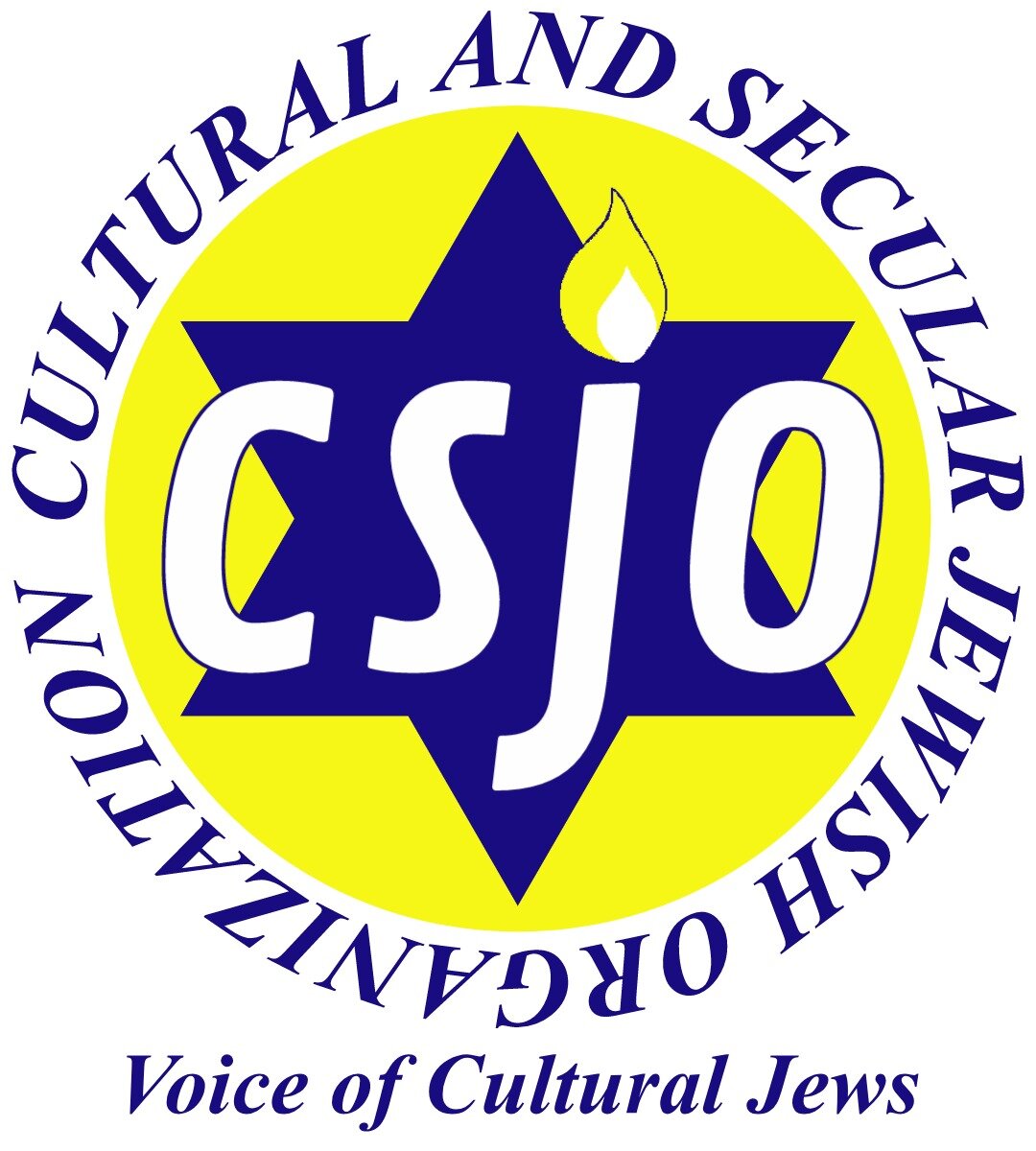Succos
Succos (Succot in Hebrew) is our Jewish harvest festival, as suggested by its original name, "the Feast of the Ingathering." The word "succah," which in English has been translated as "booth," describes the wooden hut that farmers lived in during the peak of the harvest season, so they could sleep close to the fields. Thus Succos also has been called "the Festival of Booths." Along with Passover and Shvuos, it was one of the three great holidays when all Jews in ancient Israel were obliged to make a pilgrimage to the Temple in Jerusalem, to bring food for the priests to eat and animals for the priests to sacrifice. During the period of the Second Temple, beginning in the early 6th century BCE, the priests introduced a national theme to the holiday. They claimed that the succah was actually the temporary dwelling used by the Hebrews during their wandering in the desert. Of course tents, not wooden structures, were the only conceivable forms of shelter used in the desert. Furthermore, modern scholarship tells us that only a minority of the Hebrew tribes arguably experienced Egyptian slavery. Nevertheless, the idea that all Jews were once slaves in Egypt has become embedded in our collective consciousness, even if we, as secular Jews, do not accept its association with Succos. It is, however, of real historical significance that the Pilgrims recognized Succos as the basis for the Thanksgiving holiday celebrated in the USA.
The succah itself is covered with branches and decorated with fruit. The roof should be left incomplete so that while standing inside, the stars remain visible. We associate the succah with issues of food, shelter, social equality and human decency. As we sit in it, we honor those who grow our food, express our solidarity with farm workers unions and draw attention to the problem of world hunger. The temporary nature of the succah also reminds us of the needs of the homeless. No less than Philo, the 1st century CE Jewish philosopher from Alexandria, and Maimonides, the Spanish Jewish philosopher from the 12th century CE claimed that the requirement that all Jewish men, regardless of social status, eat and sleep in the succah for an entire week teaches the principle of equality.
The two traditional symbols of the holiday are invested with ethical significance. The lulav is made up of the branches of the willow, which has no smell or fruit; of the myrtle, which has a pleasant smell, but no fruit; and the date palm, which has no smell, but bears fruit. The esrog is a citrus fruit with a pleasant smell. The willow is said to represent an uneducated person who does no good deeds; the myrtle a learned person who does no good deeds; the date palm an uneducated person who does good deeds and the esrog a person who is learned and does good deeds. All these types can be found among Jews. The willow, myrtle, and palm need each other to become whole in the form of the lulav, but the estrog can stand alone. This proves that a true mentch [decent person] must combine learning with righteous conduct.
Secular Jews also find value in the custom of symbolically inviting honored guests or ushpizin into the succah. Whereas religious Jews limit themselves to the patriarchs and other Bible heroes, we can choose from a wide range of Jewish humanists, secularists and social activists who have struggled to create a better and more beautiful world (a besere un sheynere velt). Here are a just a few examples: I. L. Peretz, the classic Yiddish writer, Morris Rosenfeld, the Yiddish sweatshop poet, Emanuel Ringelblum, the archivist of the Warsaw Ghetto, Jacobo Timerman, the Argentinean human rights activist, Ernestine Rose, the abolitionist and women's rights crusader, Emma Goldman, the anarchist and anti-war activist, Rachel, the Zionist pioneer and Hebrew poet and Rose Schneiderman, the labor leader.
No discussion of Succos is complete without mention of the Book of Ecclesiastes, which is read in synagogue on this holiday. Its message--that life has no overriding purpose--is at odds with the theistic determinism that pervades nearly all of the Bible. The words of Pete Seeger's classic, Turn,Turn,Turn come from Ecclesiastes as well other existential gems such as "Cast your bread upon the waters, for you will find it after many days" and "the race is not to the swift, nor the battle to the strong, nor bread to the wise, nor riches to the intelligent, nor favor to the men of skill, but time and chance happens to them all." But despite its pessimism, it counsels, "Two are better off than one…for should they fall, one can raise the other; but woe to him who is alone and falls with no companion to raise him." Ecclesiastes is another Biblical book that secular Jews should find well worth reading--and Succos is the perfect occasion.
There are two short stories about Succos that secular Jewish families will enjoy: Too Late by Abraham Reisen, from Itche Goldberg's Yiddish Stories for Young People and The Big Succah, also by Reisen, from Howe and Greenberg's collection, A Treasury of Yiddish Stories.
Apples and Honey also contained useful information about Succos in the introductory essay, including ideas on how to build and decorate the succah.

